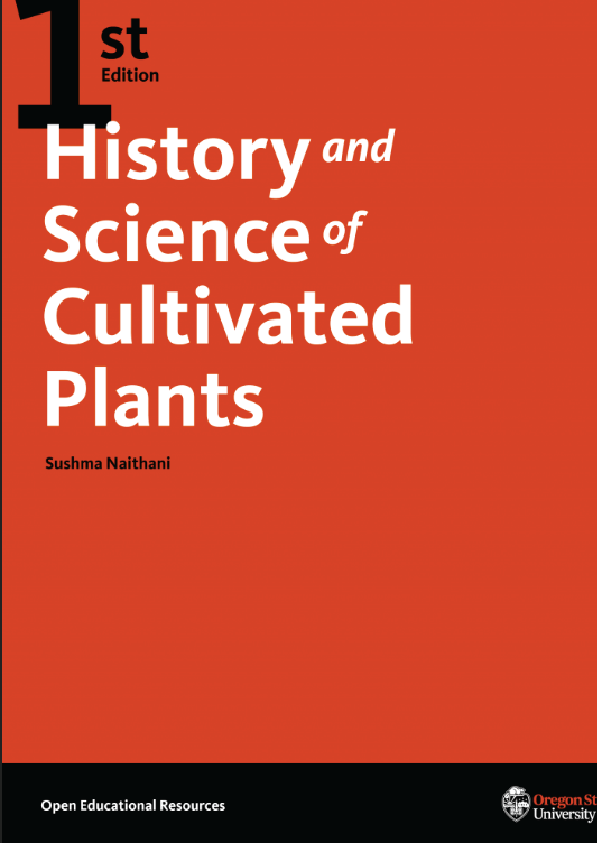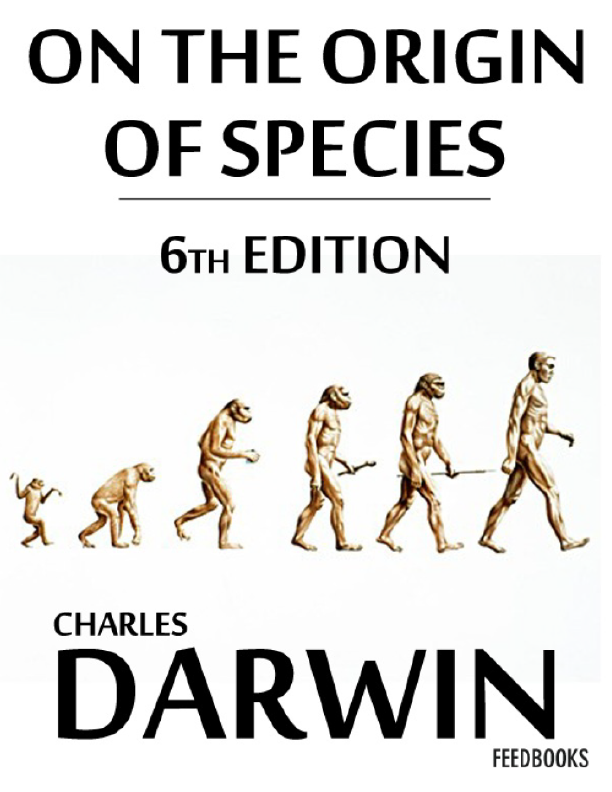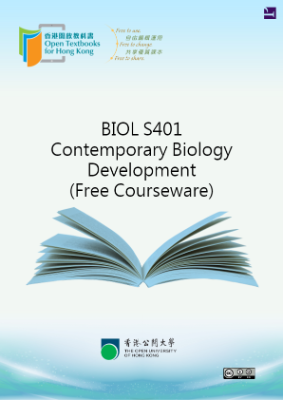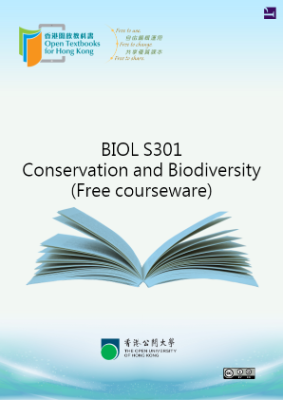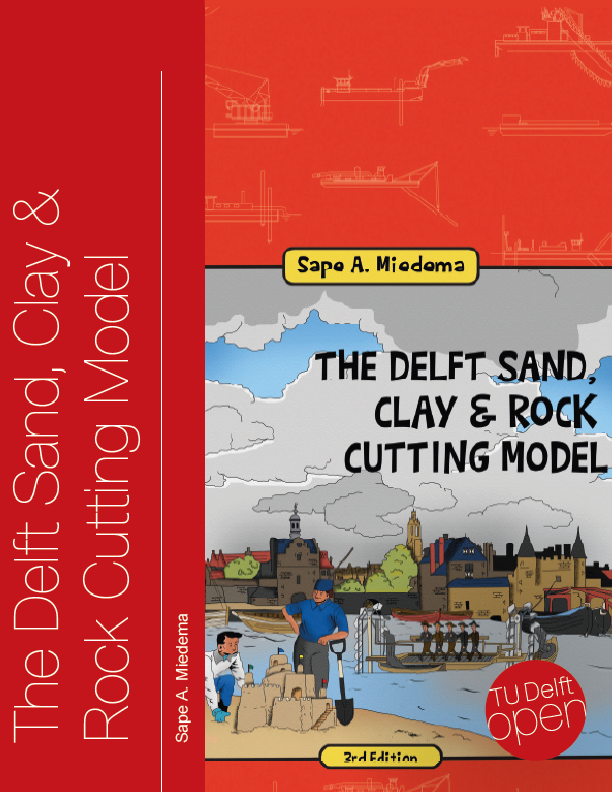Before the agricultural revolution (10,000–12,000 years ago), hunting and gathering was, universally, our species’ way of life. It sustained humanity in a multitude of environments for 200,000 years—95 percent of human history. Why did our ancestors abandon their traditional way of life to pursue agriculture?
For a long time, scientists, including Charles Darwin, assumed that primitive humans invented agriculture by chance, and once the secret was discovered, the transition toward agriculture was inevitable. However, this is only possible if we assume that (i) the biggest obstacle to the adoption of agriculture was a lack of knowledge about plants’ life cycles and propagation and (ii) farming was easier than hunting and gathering from its beginnings. We can’t verify or refute these hypotheses directly. However, studies of materials (e.g., tools made of stones and bones, fossilized seeds, rock paintings, and engravings) found in many archaeological excavations, as well as anthropological studies on present-day hunters and gatherers—who still live in various corners of the world—have contributed much to our understanding of the early history of agriculture.
Scholars’ interest in the contemporary hunters and gatherers was rekindled after the 1966 Man the Hunter conference, organized by Irven DeVore and Richard Lee in Chicago. Richard Lee, a PhD student studying under DeVore, had lived in Botswana with the !Kung, one of the San (Bushman) clans of Kalahari Desert, for three years (1963–1965). He shared his experience at the conference and reported !Kung men hunt and !Kung women gather. He added, “Although hunting involves a great deal of effort and prestige, plant foods provide from 60–80 per cent of the annual diet by weight. Meat has come to be regarded as a special treat; when available, it is welcomed as a break from the routine of vegetable foods, but it is never depended upon as a staple” (1). He further added that the !Kung had a more than adequate diet achieved by a subsistence work effort of only two or three days per week, a far lower level than that required of wage workers in our own industrial society, and working adults easily take responsibility for children, old people, and the disabled. In these groups, starvation, malnutrition, and crime are nil. He argued that the social lives of the people of the Bushmen clans are more dignified than that of civilized society and concluded, “First, life in the state of nature is not necessarily nasty, brutish, and short”
American anthropologist Marshall Sahlins agreed with Richard Lee, stating that Australia’s indigenous people also have substantial resources when compared to the common man of industrial society and work fewer hours per day, with more time for leisure. He explained that the hunter-gatherers consume less energy per capita per year than any other group of human beings, and yet all the people’s material wants were easily satisfied. Sahlins further adds, “Hunters and gatherers work less than we do, and rather than a grind the food quest is intermittent, leisure is abundant, and there is a more sleep in the daytime per capita than in any other condition of society”
